People
INTRODUCTION

Prof. Bernd R. Noack
- bernd.noack@hit.edu.cn
- Harbin Institute of Technology, Shenzhen
- Personal website
- Google scholar
Bernd R. Noack is National Talent Professor and Chair of Artificial Intelligence and Aerodynamics (CAIA) at the Harbin Institute of Technology (HIT), Shenzhen, Professor and Chair of Turbulence Control at the Technical University of Berlin and Fellow of the American Physical Society. At HIT, he heads a growing team with three laboratories for the aerodynamic technologies of the low-altitude economy. Recently, he has built the world’s largest fan array wind generator for research and commercial UAV testing in gusty urban terrain. For over three decades, he has worked on engineering turbulence control for transport vehicles in leading European and US institutions, including the Max-Plank Society, German Aerospace Center (DLR), United Technologies Research Center (UTRC), TU Berlin and the French National Center for Scientific Research (CNRS). Prof. Noack has written over 300 refereed publications, including 2 international patents, 1 China Utility Model Patent, 6 books and over 150 journal articles. His work has been awarded with dozens of national and international awards. For instance, he got the first senior ANR Chair of Excellence in Fluid Mechanics, and was the only winner of the annual von Mises award 2005. Mendeley/Stanford lists him as highly cited scientist and Research.com rates him as Top Scientiest in Mechanical and Aerospace Engineering.

Dr. Nan DENG
- @hit.edu.cn
- Personal website
Dr. Nan DENG, Assistant Professor at School of Mechanical Engineering & Automation, Harbin Institute of Technology (Shenzhen) & Supervisor of Master Program in Major “Power Engineering and Engineering Thermophysics.”
He received his Ph.D. in Fluid Mechanics from Institut Polytechnique de Paris (IP Paris), France in January 2022. Immediately after, he joined the Chair of AI and Aerodynamics led by National Talent Prof. Dr. Bernd R. Noack as a postdoctoral fellow at HIT (Shenzhen), China.
He targets an academic career focusing on automated reduced-order modeling (ROM, surrogate models) for digital twins, using flow data, machine learning, and first principles. The models will be employed for understanding, optimization, estimation, and control. The starting point is mean-field modeling, sparse identification, Galerkin force modeling, and cluster-based network modeling, which have been successfully applied to a new benchmark configuration“fluidic pinball.” They aim to tap the great potential of ROM synergizing machine learning techniques and first principles to meet the control and optimization requirements in complex industrial environments, especially low-altitude economy, addressing challenges of multi-scale and multi-frequency tasks.

Dr. Guy Y. CORNEJO MACEDA
- @hit.edu.cn
- Personal website
Dr. Guy Y. Cornejo Maceda is a postdoctoral fellow at Harbin Institute of Technology, Shenzhen. He graduated from Arts & Métiers ParisTech in 2017 and obtained a PhD in 2021 from Paris-Saclay University (France). His research field is turbulence control with machine learning methods. He recently developed, arguably, the fastest feedback control law learner for MIMO systems. He demonstrated his methodology in CFD and experiments, and published in leading journals such as J. Fluid Mech. and Phys. Fluids. His next challenge is to develop a methodology for flow control, including distributed actuation and sensing.
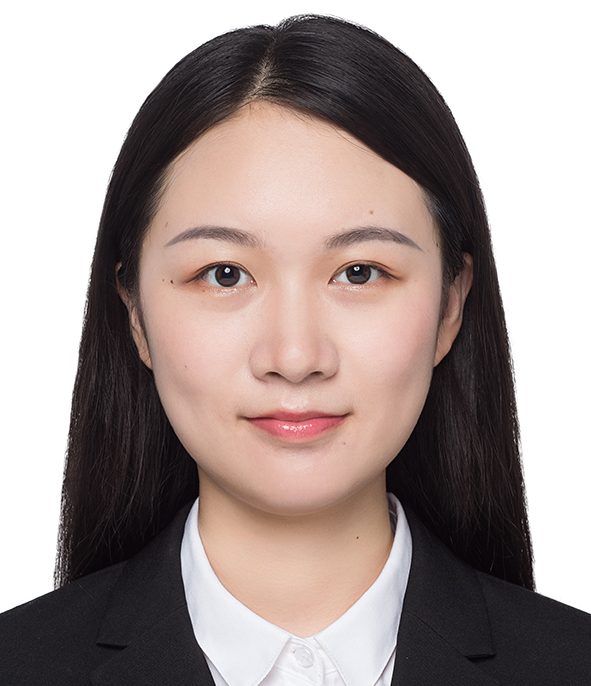
Yiqing Li
Yiqing Li (李逸清) is a 2020 PhD student at HITSZ. The planned project is “aerodynamic optimization for greener vehicles and energy systems with machine learning and first principles”.
Turbulence control is being revolutionized by more reliable actuators and sensors, rapidly advancing machine learning methods, and ever-increasing computational power that enables high-quality data. This research harnesses these aspects and focuses on developing efficient self-learning strategies for aerodynamic optimization with high-dimensional design freedom. The configurations include the bluff bodies and the jet flows. The effective and novel control modes for drag reduction and jet entrainment are explored.
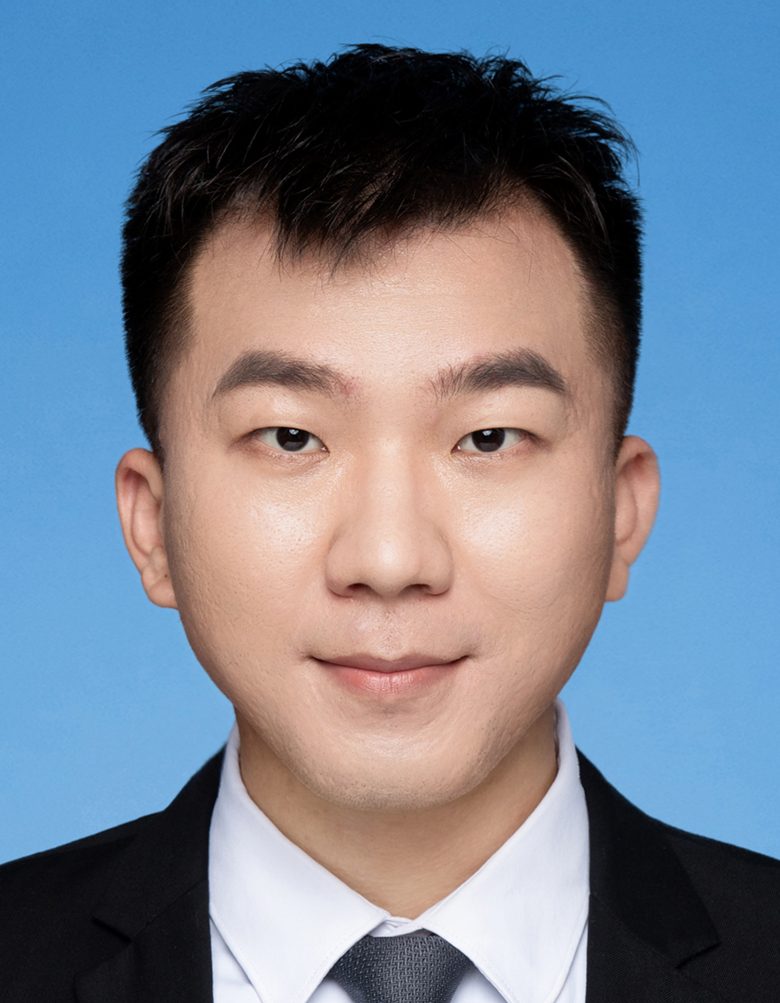
Xin WANG
Xin Wang (王鑫), 2020 PhD student at HITSZ. His research is on flow control in simulations. He advances fast self-learning feedback optimization employing cluster-based control law representations. Related work on multi-input multi-output systems has published in Phys. Fluids. Other applications address aerodynamic problems related to the low-altitude economy.

Chang HOU
Chang Hou (侯昶) is 2021 PhD student at HITSZ. His research field is data-driven dynamic Reduced Order Modelling (ROM). He advances fully automated cluster-based network modeling from experimental and numerical data. The applications range from wake flows to configurations related to the low-altitude economy. A recent work has been published as a featured Phys Fluids article. He was a research and teaching assistant in TU Berlin during 2023 summer.
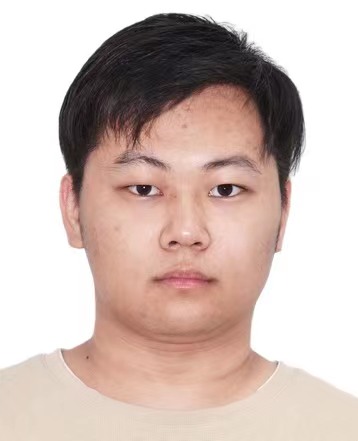
Zhutao JIANG
Zhutao Jiang (姜竹涛) is a PhD student at Harbin Institute of Technology, Shenzhen (HITsz). His research is focused on the intricate domains of flow control, AI-driven turbulence control, experimental fluid mechanics, and innovative fluid mechanics measurement techniques.
He built the ‘Smart Nozzle,’ an avant-garde jet experimentation facility. Melding the prowess of active control through mini jet actuators with the subtlety of passive control via jet exit shaping, he has engineered a groundbreaking platform. What sets this project apart is its dual role: not only does it enable the exploration of novel jet mixing mechanisms, but it also serves as a proving ground for cutting-edge AI algorithms.
By synergizing the capabilities of the Smart Nozzle with advanced AI algorithms, he aims to unravel previously elusive jet mixing phenomena. This convergence of fluid dynamics and artificial intelligence opens up unprecedented avenues for understanding, potentially revolutionizing fields ranging from aviation to energy systems.
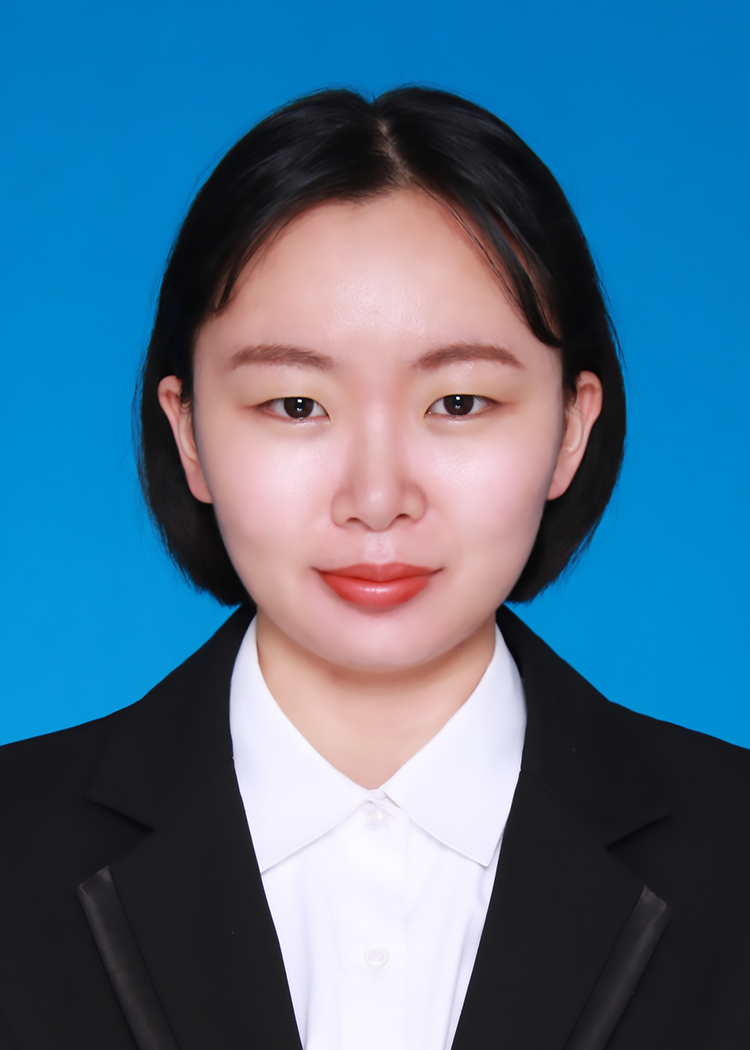
Tianyu WANG
Tianyu Wang (王天宇) is a 2022 PhD student from HIT, Shenzhen. Her research field is topologically assisted optimization and aerodynamic drone modeling. She advances optimization algorithms focusing on topological features. Recent innovations include the Persistent Data Topology (PDT) and the robust Downhill Simplex Method (rDSM). Recently, topologically assisted optimization algorithm for propeller design has been published in Physics of Fluids (doi: 10.1063/5.0145941).
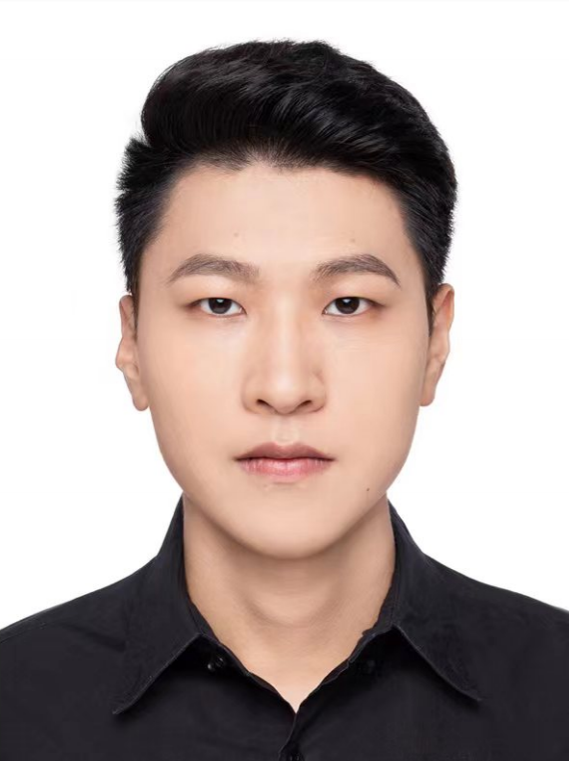
Yutong LIU
Yutong Liu (刘宇同) is 2023 PhD student at HITSZ. He has designed and built the world’s largest Fan-Array Wind Generator () with 40 × 40 individually controllable fans. This unique facility can emulate urban wind conditions with complex spatio-temporal wind profiles. It is used to test the wind resilience of full-scale UAVs in Shenzhen UAV testing center located at Shenzhen Technology University.
By employing machine learning control on FAWG to tune the rotation speed of 1600 fan elements, he aims to optimize the urban wind emulating performance of FAWG.
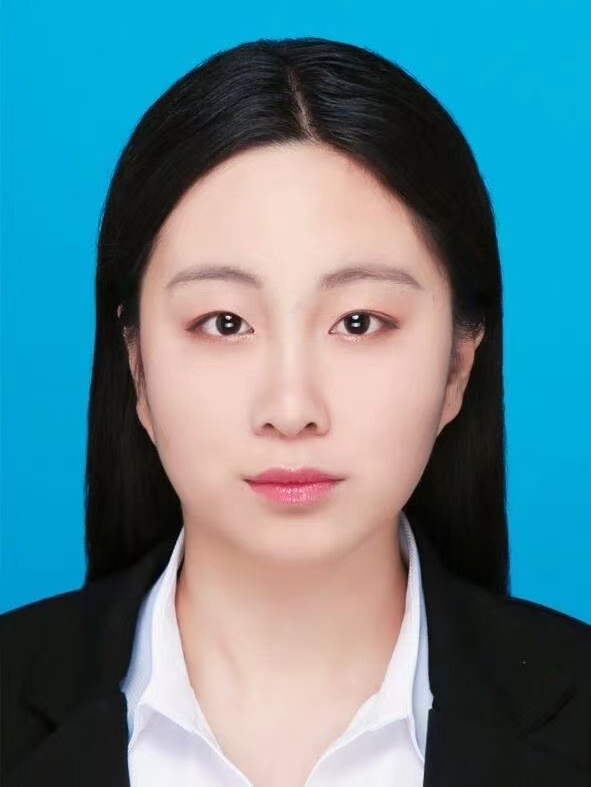
Yanting LIU
Yanting Liu (刘艳婷) is a 2024 PhD student at HITSZ. Her research field is drone optimization with Computational Fluid Dynamics (CFD) and Reduced Order Modeling (ROM).
She advances sparse polynomial regression from high-fidelity CFD results. A recently built rotor force model has been used to predict the drone performance.

